 |
 |
 |
 |
 |
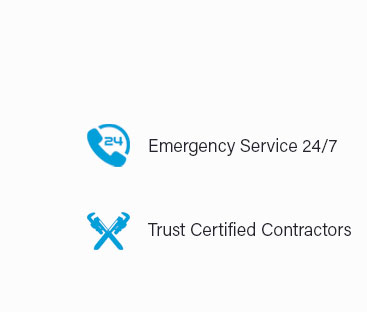 |
 |
 |
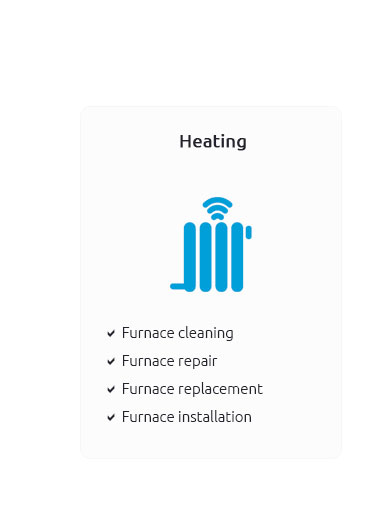 |
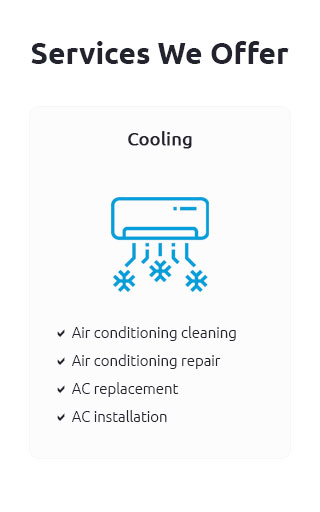 |
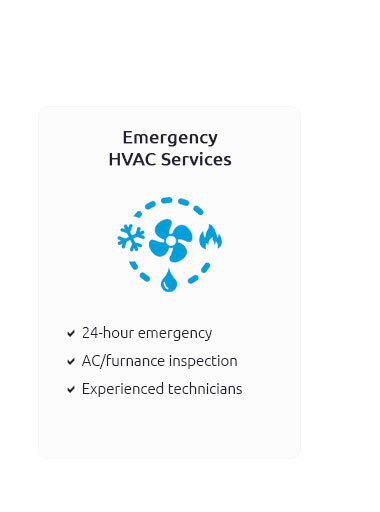 |
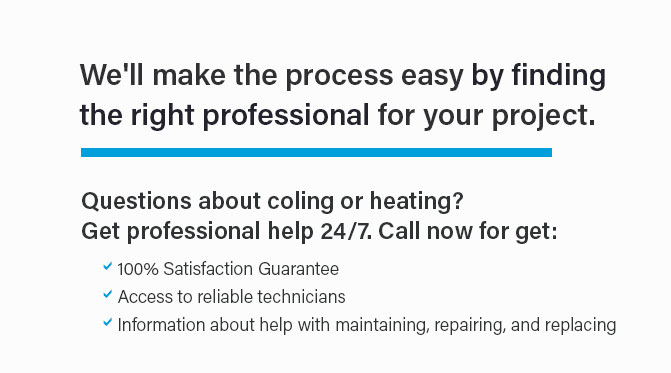 |
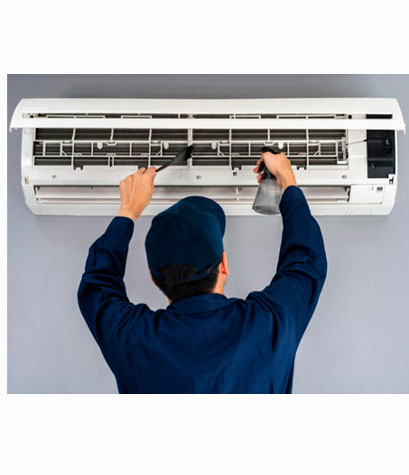 |
 |
 |
 |
|
Transform your home into a haven of comfort and efficiency with our unparalleled HVAC services, where seasoned AC and heating experts meet local expertise; find the finest local contractors ready to revolutionize your living space with cutting-edge central air installation-experience the perfect blend of innovation, reliability, and personalized care that ensures your home remains a sanctuary of ideal temperatures year-round.
https://www.youtube.com/watch?v=wBn84EtALbI
In this video, I walk you through the step-by-step process of installing a central air conditioning system. Whether you're replacing an old HVAC ... https://diy.stackexchange.com/questions/276866/how-do-i-add-central-ac-to-my-existing-central-heat-system
There is no gradual learning path for amateurs, and given that most people will only install new central air conditioners 1, 2, or 3 times in ... https://www.griffithenergyservices.com/whats-involved-when-adding-central-air-conditioning-to-your-home/
When ductwork installation is needed for adding central air conditioning, extensive renovation like opening wall voids is actually seldom ...
|